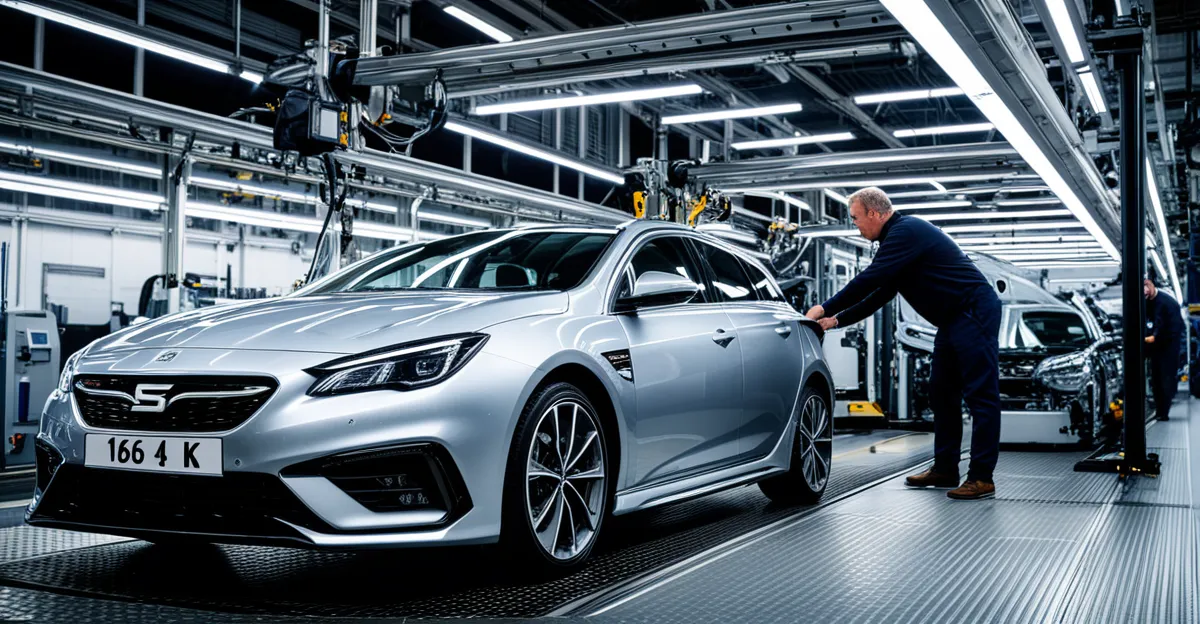Core Strategies Enhancing Production Efficiency in UK Car Manufacturing
In UK car manufacturing, production efficiency hinges on integrating advanced strategies tailored to automotive industry best practices. A primary method is the implementation of automation and robotics across production lines, which reduces manual errors and accelerates assembly processes. Robotics improve repeatability and handle complex tasks precisely, elevating overall throughput.
Another core approach is the adoption of lean manufacturing principles. This philosophy minimises waste—whether in materials, time, or labour—by streamlining processes and focusing on value-added activities. Lean techniques such as continuous flow and just-in-time delivery help UK car manufacturers maintain tight control over production costs and timelines.
In the same genre : How are UK automotive companies addressing sustainability challenges?
Moreover, the embrace of Industry 4.0 solutions propels the UK automotive sector into the future. Smart factories utilise sensors, interconnected networks, and digital platforms to monitor real-time operations. This digital transformation supports superior decision-making and rapid response to production anomalies. Integrating these methods results in enhanced efficiency, higher product quality, and stronger competitiveness for UK car manufacturers.
Leveraging Digital Transformation and Industry 4.0
Digital transformation is revolutionising UK car manufacturing strategies by embedding Industry 4.0 technologies throughout production systems. Real-time data analytics combined with IoT integration enables constant monitoring of operations. This approach improves production efficiency by identifying bottlenecks and predicting equipment failures before downtime occurs. For example, UK automotive plants leverage AI and machine learning for predictive maintenance, reducing unexpected stops and maintenance costs.
Also read : How Does Brexit Affect the Future of UK’s Automotive Industry?
Smart manufacturing practices also involve connected systems that facilitate seamless communication between machines and human operators. This interconnectedness allows for rapid adjustments in assembly lines, improving throughput and product quality. Industry-specific digital transformation empowers manufacturers to analyse vast data streams from sensors, optimizing workflows based on precise metrics rather than assumptions.
Implementing these advances requires investment but yields significant returns. By adopting Industry 4.0 technologies, UK car manufacturing strategies align with automotive industry best practices focused on agility and continuous improvement. The integration of smart manufacturing solutions thus plays a pivotal role in enhancing production efficiency and maintaining competitive advantage.
